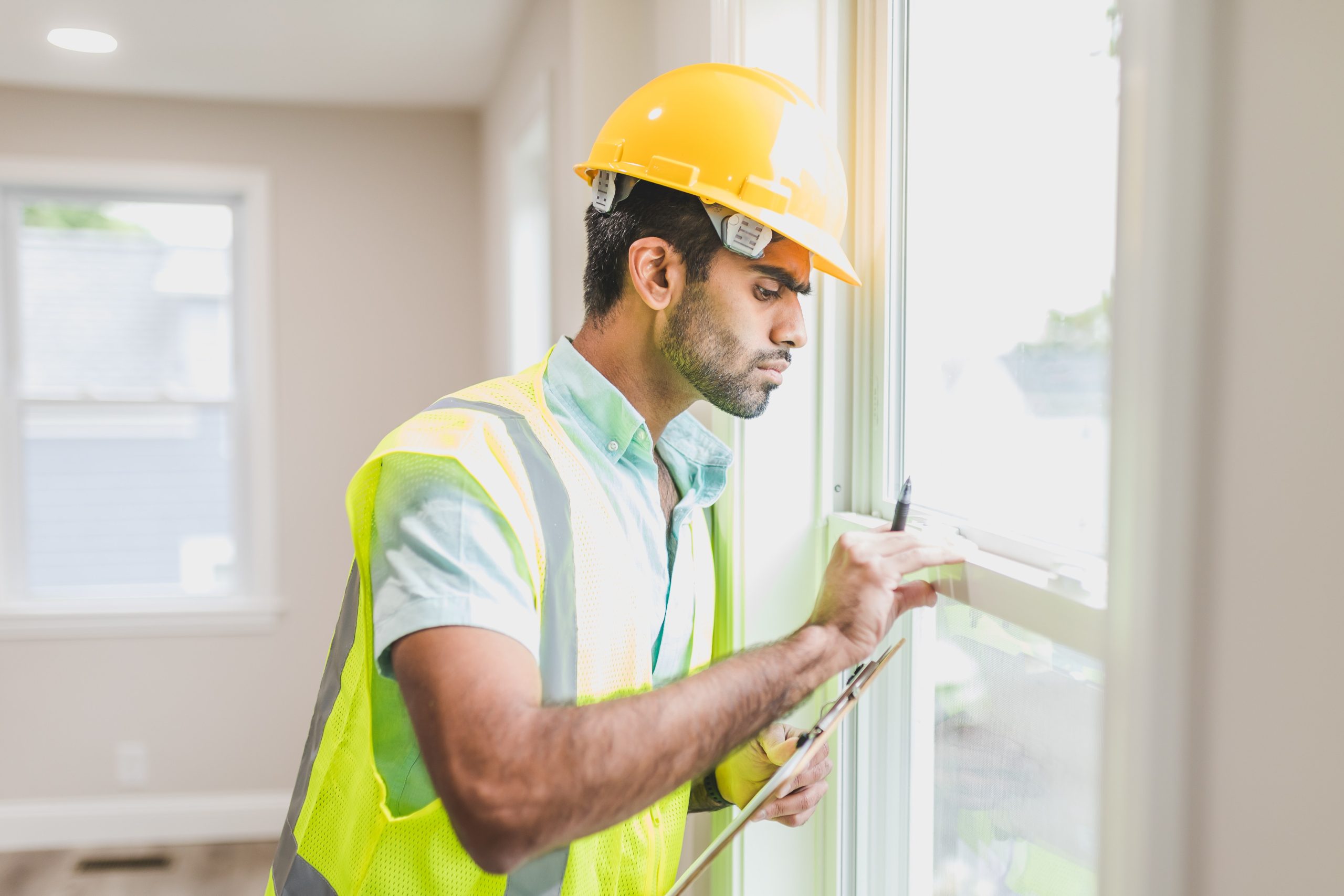
As a caring, responsible landlord, the safety of your tenants is a high priority. Maintaining high safety standards will not only allow your tenant to enjoy the unit they’ve rented in peace and security but will also go a long way toward preventing property damage and protecting you from legal claims. But before stressing the importance of safety with your tenants, remember that it starts with your example.
Setting an Example
Here are a few ways to demonstrate that safety is a top concern in your rental property.
- Make sure each unit complies with all building codes, local laws, and other essential safety guidelines
- Clarify which maintenance issues you consider urgent and be responsive to requests.
- Have plans in place for various types of emergencies, such as a fire, flooding, or severe weather.
- Perform routine inspections to ensure smoke detectors and other safety devices are in place, exits are clear, locks are functioning correctly, etc.
Safety Guidelines for Tenants
Once you’ve done your part to keep your property safe and well-maintained, it’s time to look at your expectations for your tenants. Having written guidelines to instruct tenants on safe practices you’d like them to follow while living in your unit is helpful. However, your desire to provide information must be balanced against your tenant’s reluctance to read and memorize a dull, lengthy set of rules and procedures. As you compile your guidelines, stay focused on key directives, and make it easy to read with bullet points instead of long paragraphs.
Every property will require different safety recommendations depending on factors like climate, size, amenities, and layout, but here are some potential items to get you started.
- What to do if the carbon monoxide detector goes off, including a phone number for the local gas company
- Safe operation of appliances like washers and dryers, garbage disposals, and HVAC units
- Replacement of smoke detector batteries, furnace filters, or anything else the tenant is responsible for
- How to handle water leaks, drain or sewer problems, or a clogged toilet
- Proper care for flooring, such as avoiding scratches or dents and cleaning up spills
- Criteria for keeping exits and hallways accessible
- Fire prevention, detailing the safe use of portable heaters, candles, surge strips, and extension cords
- Safety measures and action plans for severe weather
- Preparing for extreme temperatures, such as shutting off exterior faucets to avoid freezing
- Preventing break-ins, including any specific security resources in place for your unit
In addition to your written guidelines, ensure tenants know where to find essential safety features like emergency plans, water shut-off valves, and smoke and carbon monoxide detectors. Give them phone numbers to call in case of emergency, and keep lines of communication open, so they turn to you as their first, most reliable resource when a problem arises.
About Rentals America
Rentals America provides full-service property management for residential rental properties. Our team is dedicated to property management, and we’re here to help landlords navigate the rental market.










